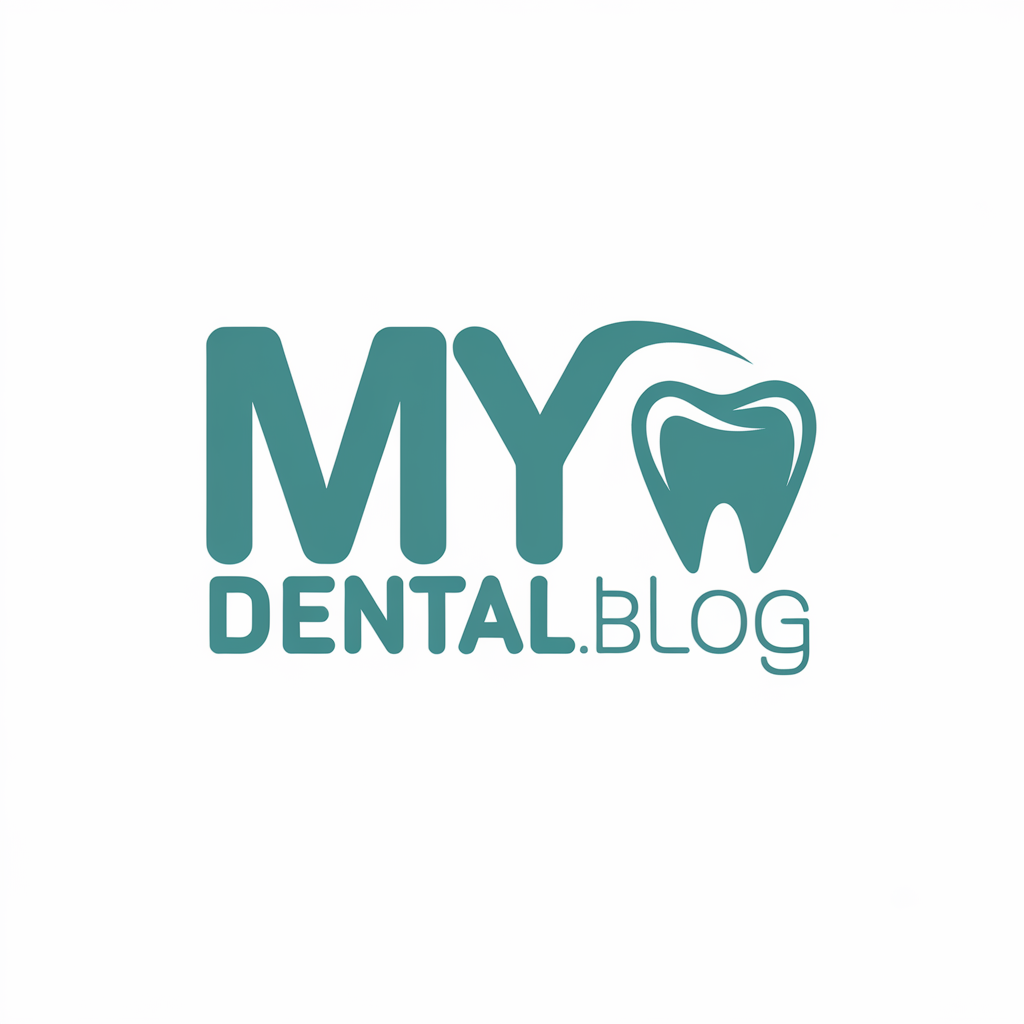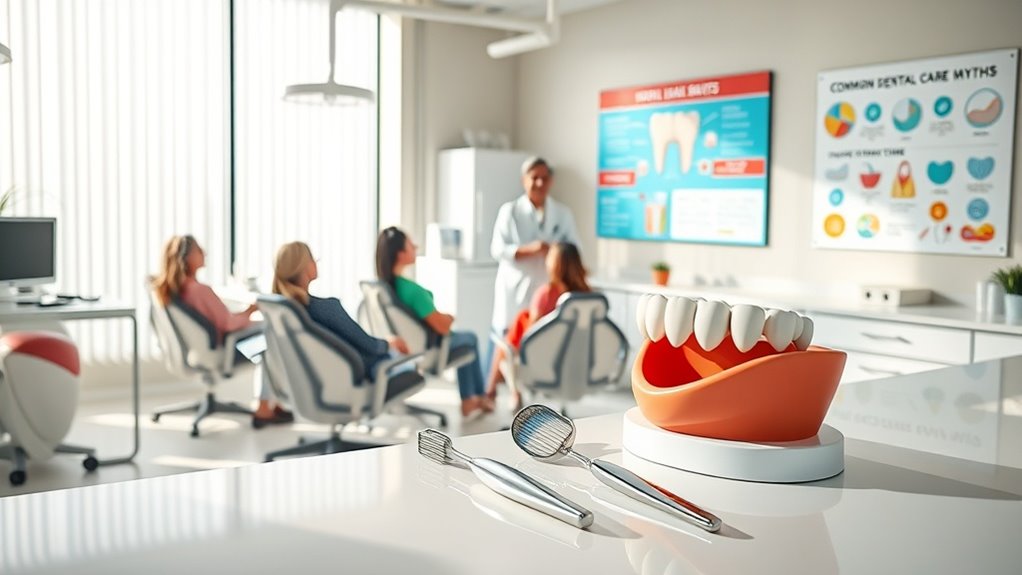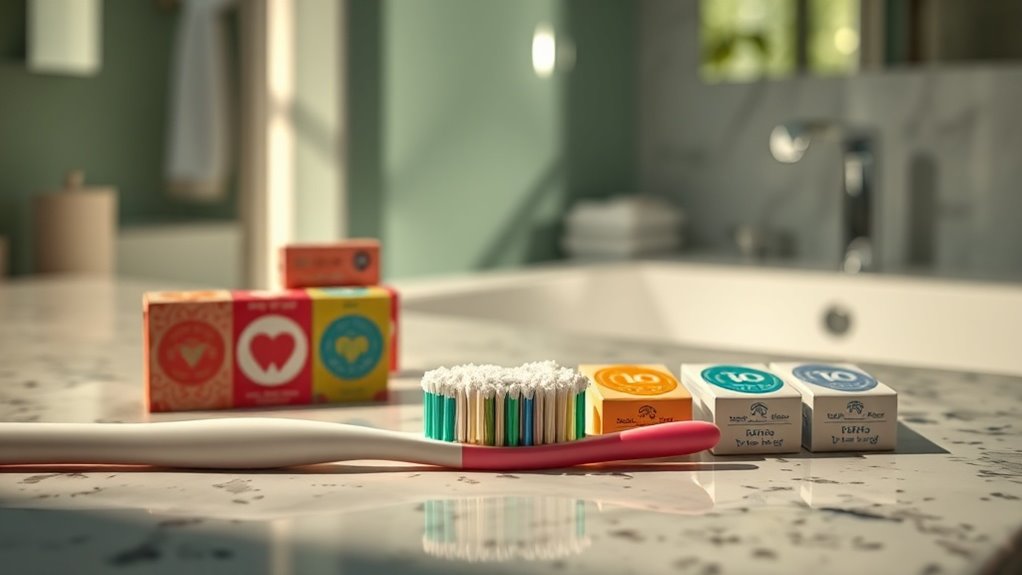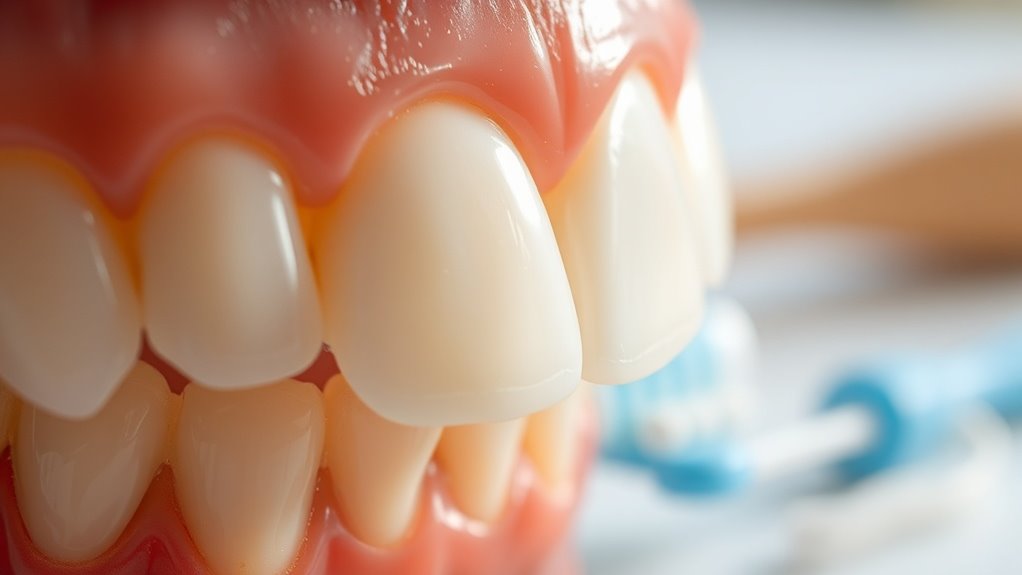Floss First or Brush First. Dentists Finally Answer
When it comes to your daily dental routine, you might wonder whether to floss or brush first. Many people have strong opinions on the matter, but the latest insights from dental professionals provide clarity. It seems the order of your routine could impact your oral health significantly. So, which should you prioritize? Understanding the benefits of each method can lead you to better decisions for your smile. Let’s explore what the experts have to say.
The Case for Flossing First
When it comes to maintaining your oral health, flossing first can actually be a game changer. By removing plaque and food particles between your teeth before brushing, you allow your fluoride toothpaste to reach all those hard-to-clean areas. This method can improve gum health and make your brushing even more effective. Additionally, regular dental visits ensure that any potential gum diseases are detected early, further supporting your oral hygiene efforts. So, the next time you wonder whether to floss or brush first, choose floss!
The Advantages of Brushing First
While flossing first has its perks, brushing before you floss also offers significant benefits. By brushing first, you dislodge surface plaque and debris, making it easier for floss to clean between teeth. This method can enhance the overall effectiveness of your oral hygiene routine, ensuring that both your toothbrush and floss work synergistically to keep your smile healthy and bright. Additionally, maintaining daily oral hygiene is essential for removing bacteria and food particles that contribute to bad breath.
What Dentists Recommend
Most dentists agree that the order of brushing and flossing can influence your oral hygiene effectiveness. Many recommend flossing first to remove food particles and plaque from between teeth, allowing your toothbrush to clean surfaces more effectively afterward. This approach can enhance fluoride access to hard-to-reach areas. Additionally, maintaining proper oral hygiene is essential for preventing gum disease and ensuring long-term mouth health. Ultimately, the key is doing both consistently for optimal oral health.





